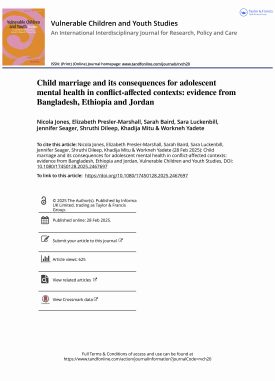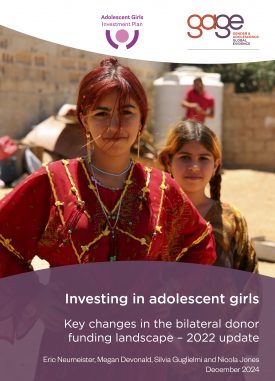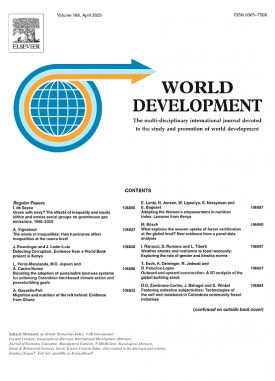Since August 2017, Rohingya refugees have been crossing the border into Bangladesh, fleeing crimes that the UN Special Rapporteur has claimed ‘bear the hallmarks of genocide’. Three years on, there remains no long-term solution for stateless Rohingya refugees, and adolescents are being denied both formal schooling and employment opportunities. This chapter draws on mixed-methods baseline data collected in 2019 as part of the Gender and Adolescence: Global Evidence (GAGE) programme to understand how Rohingya adolescents access education and economic opportunities.
Drawing on quantitative and qualitative findings, this chapter highlights the inadequate educational opportunities for Rohingya adolescents, the disconnect to their aspirations, and the significant challenges they face in ensuring a secure transition into adulthood. Adolescents face different educational and economic constraints and opportunities at different stages of adolescence and on account of deeply entrenched gender norms. Policy implications include the urgent need for improved educational support which accounts for these barriers.
Suggested Citation:
Guglielmi, S., Seager, J., Mitu, K., Kalow, J., Baird, S. and Jones, N. (2021) “‘No, We Are Not Allowed”: Barriers to Rohingya Refugees’ Educational and Economic Opportunities.’ in Jones, N., Pincock, K. and Abu Hamad, B. (eds.) Adolescents in Humanitarian Crisis. Displacement, Gender and Social Inequalities. Oxford: Routledge (http://www.taylorfrancis.com/books/e/9781003167013)


